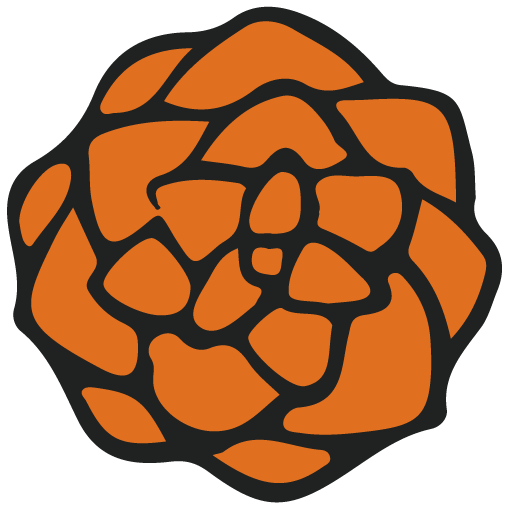Women in olden days worked very hard. They would have big families and if they had nephews or nieces who were orphans, they’d take them in as a family. They had to wash the clothes in a tub with a wash board.
They had the older children bring water the night before so they could put it to heat early. It would take them all day to wash and hang the clothes. To iron, they had cast irons that went on the top of the stove. To wash the floors they used a bit of lye.
The art of canning food didn’t come until much later.
There were no refrigerators. Meat would be put in a flour sack and in a bucket down the well to keep it fresh or in a small box on a north window. The people that had cows would made white cheese and butter. These things were not sold at stores. Eggs, milk, and bread were not sold at stores.
Things sold at the store were flour, sugar, salt, kerosene for the lamps, matches, salt, baking powder, baking soda, and vinegar. Some people would get their flour by going to San Luis, Colorado, or to the flour mill. They would trade wheat for flour. Electricity did not come to Questa until 1948.
Nothing was canned until the early or middle 1940s. A lady from the County, her name was Mrs. Miller, would come and show the ladies how to can using big pressure cookers. They canned in cans like the one in the store, then later in jars. They even canned meat. The old house of J.B. Rael by the Church is where they met. Two or three ladies would use the room.
They formed a club. They made quilts and wool blankets. The ladies using the premises were responsible to take the wood used and to leave the place clean for the one using it next. They canned peas, corn, beans, and all kinds of fruits.
My Mom was at the head of this. She brought Mrs. Miller to Questa to teach the ladies. In the winter, the ladies met to make quilts, crochet, or embroider. In September, they would take all they had done to the County Fair at Taos.
